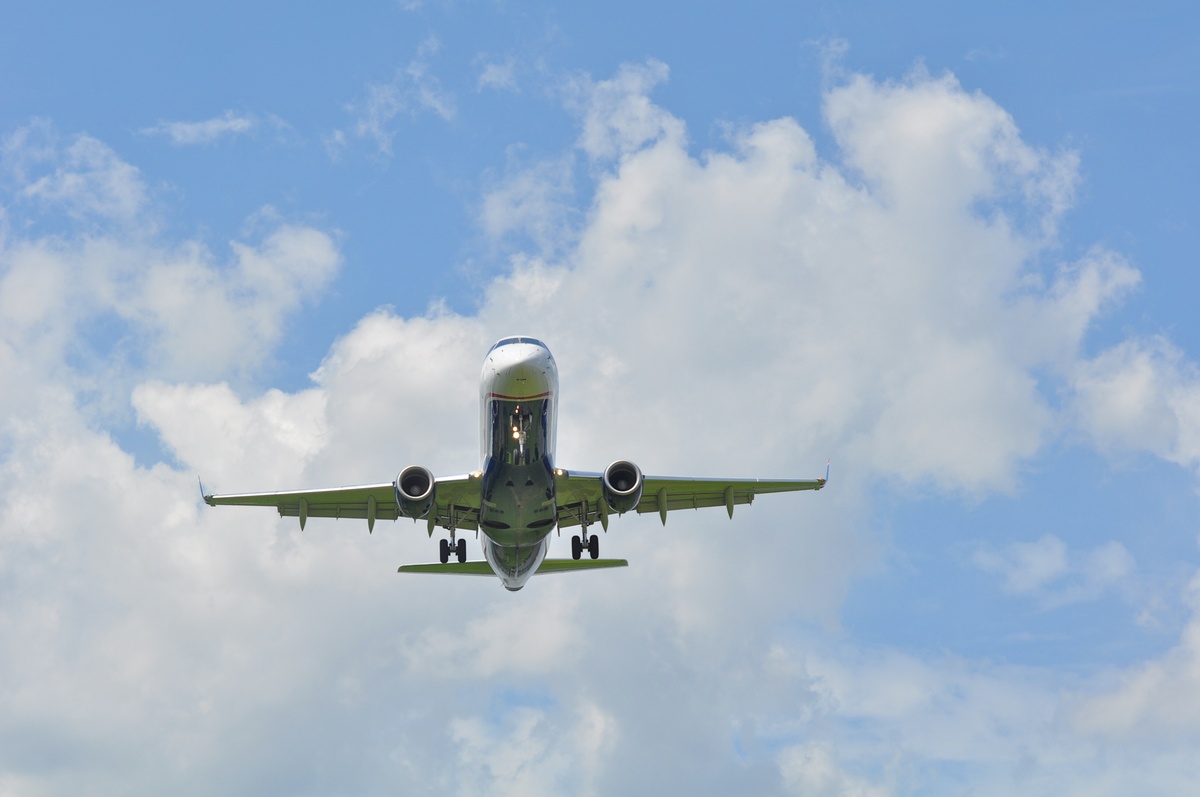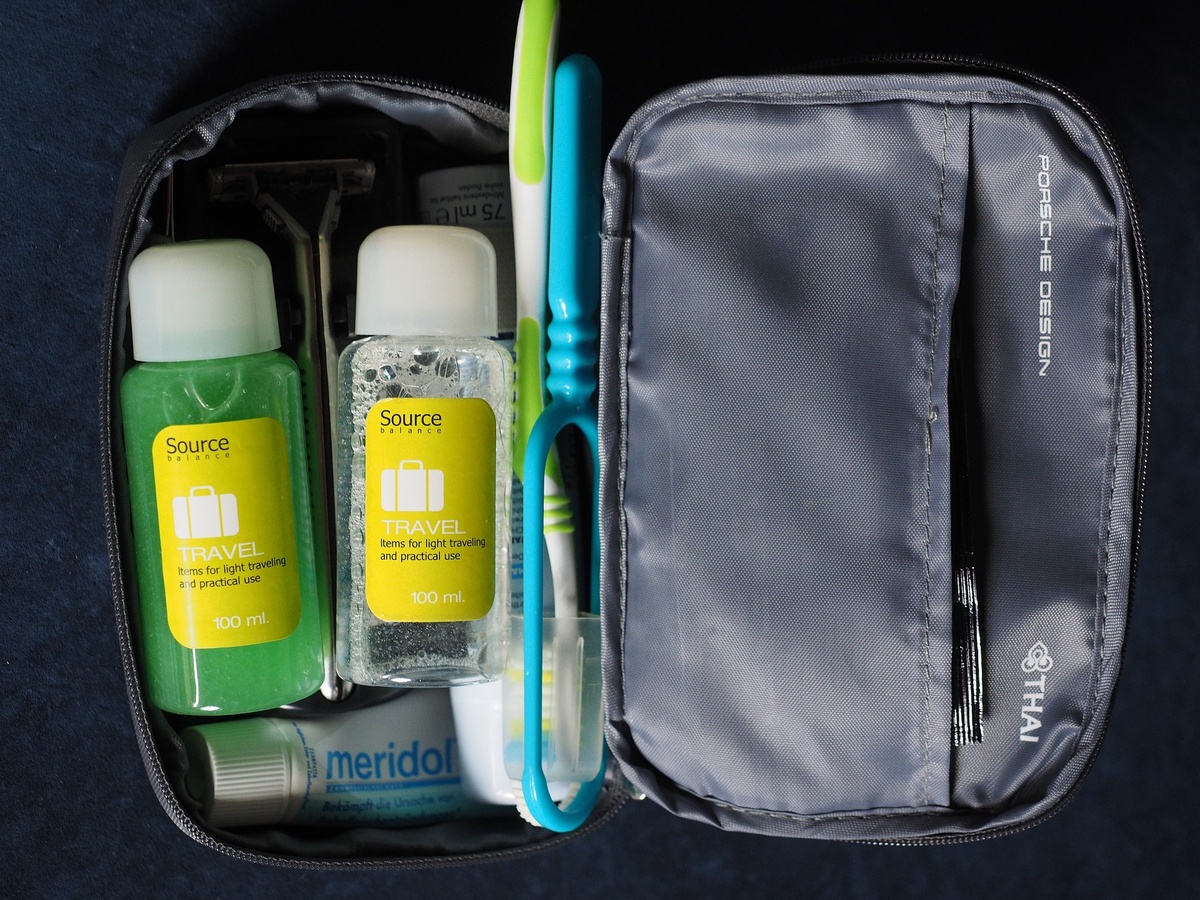
What Liquids and How Much Can You Take in Your Hand Luggage On a Plane?
Among the various regulations that passengers must adhere to when traveling by air, understanding the rules surrounding liquids can often be overlooked. Knowing what types of liquids you can bring, how many milliliters are allowed, and any specific restrictions is crucial for a hassle-free journey. This guide provides everything you need to know about traveling with liquids, ensuring you comply with all regulations and avoid unnecessary delays at security checkpoints.
Understanding Liquid Allowances and Restrictions
Understanding the rules surrounding liquid on a plane allowance is a crucial aspect of preparing for air travel, especially for those looking to navigate through security checkpoints without delays. The regulations set forth by the UK's Department for Transport are designed to enhance aviation security while minimising inconvenience to passengers. Here's a detailed breakdown to help travellers pack appropriately and comply with these regulations about liquid restrictions on flights.
Liquid On a Plane Allowance in Carry-On Luggage
The standard allowance for how much liquid you can take on a plane in your hand luggage is quite specific and universally applied across airlines operating within and from the UK. Each passenger is permitted to carry liquids in containers that hold no more than 100 millilitres (ml) as carry-on baggage liquids. These containers must fit comfortably within a single, transparent, resealable plastic bag, which itself should not exceed the dimensions of 20 cm x 20 cm. The capacity of this bag must not be more than one litre, effectively limiting the total volume of liquids passengers can carry in their carry-on luggage.
It's important for passengers to remember that this plastic bag of liquids in hand luggage should be presented separately from other carry-on items when going through airport security. This rule aims to facilitate quicker and more efficient inspections, ensuring that all liquids can be easily examined by security personnel. Compliance with these guidelines not only aids in maintaining security protocols but also significantly reduces the likelihood of inconvenience at the security checkpoint.
Exceptions and Tips
While the 100 ml rule is rigid, exceptions exist for medications, baby food, and special dietary requirements. Passengers needing to carry such items in quantities greater than the standard allowance should inform airline staff and security personnel ahead of time. Documentation, such as a prescription or doctor's note, may be required to verify the necessity of carrying these items.
Another useful tip to make sure you abide by the maximum liquid restrictions to carry on a plane is to purchase travel-sized containers for personal care items like perfume, shampoos, conditioners, and lotions. Many high street shops and online retailers offer a wide selection of products specifically designed to comply with air travel regulations for your carry on baggage. Investing in these can make packing more manageable and ensure that you don't have to leave behind essential items due to liquid size restrictions on flights.
Planning for Checked Baggage
When it comes to checked luggage, the restrictions on liquids are significantly more relaxed. Passengers are generally allowed to pack larger quantities of liquids in their checked bags. This flexibility allows travellers to bring items that exceed the carry-on limitations, such as large bottles of shampoo or sun cream. However, it's always a good idea to secure these items in leak-proof bags or containers to prevent any spillage that could damage your belongings or those of others.
Types of Liquids
The term liquids encompasses a broad range of substances, including but not limited to:
Water and other drinks
Soups and syrups
Creams, lotions, and oils
Perfumes and sprays
Gels, including hair and shower gels
Pastes, including toothpaste
Liquid-solid mixtures
Mascara and lip gloss
Aerosols
This list is not exhaustive, and if in doubt, it's advisable to check specific airline regulations.

Image by Hans from Pixabay.
How Much Liquid Can You Take on a Plane: Considerations
Certain items, such as travel-size perfume or travel-size contact lens solutions, fall under the general liquid restrictions on flights. However, exceptions are made for essential medicines, baby food, and special dietary requirements, subject to verification. As mentioned above, the liquid allowances are more relaxed for checked luggage.
Precautions and Packing Tips
While the allowance is more lenient when dealing with checked luggage, passengers should still take precautions to pack liquids securely. Ensuring that all lids are tightly sealed and placing liquids in leak-proof bags can prevent spillages that might damage your belongings or those of others. Additionally, wrapping fragile containers in soft clothing or using bubble wrap can provide extra protection against the rough handling that luggage sometimes undergoes during transit.
Special Considerations for Hazardous Substances
Although general liquids enjoy a more lenient policy in checked baggage, there are specific guidelines and restrictions when it comes to hazardous substances. Flammable liquids, toxic substances, and other dangerous goods are generally prohibited or strictly regulated on aircraft, whether in carry-on or checked luggage.
Checking with Your Airline
Given the potential for variation in policies between airlines and the evolving nature of aviation security regulations, it's wise to check with your airline before flying. They can provide the most current information on what is and isn't allowed in checked luggage. Additionally, airlines and destination countries might have their own set of rules for specific items and liquids, which could include restrictions on the amount of alcohol you can transport/import or requirements for packing certain types of equipment.
Flight Disruptions: Know Your Rights
Not knowing the rules on liquids is one way to be inconvenienced, but there are others. Light delays, cancellations, overbooking, and luggage problems can be a pain, but being well-informed about your rights as a passenger can significantly ease the stress associated with such issues. Understanding these rights is not just about knowing when you are entitled to compensation but also about ensuring a more secure and confident travel experience.
Flight Delays and Cancellations
Regulation (EC) No. 261/2004 is a cornerstone of passenger rights within the UK and the European Union. It stipulates that passengers are entitled to compensation for significant delays or cancellations, provided these disruptions were not caused by extraordinary circumstances beyond the airline's control, such as severe weather conditions or security risks. The compensation varies, ranging from £213 to £513, depending on the flight's length and the delay's duration. For delays of two hours or more, airlines are also required to provide passengers with meals, refreshments, and, if necessary, accommodation until the next available flight.
Overbooking and Denied Boarding
Overbooking is a common practice among airlines to compensate for no-shows, but it can lead to situations where more passengers show up than there are seats available. In cases of denied boarding due to overbooking, EC 261 mandates that airlines offer alternative transportation to the destination or a full refund in addition to compensation similar to that for delays and cancellations. Passengers may also be offered vouchers or cash compensation as part of a voluntary agreement to take a later flight.
Luggage Issues
The Montreal Convention outlines airlines' liability for luggage issues, providing a framework for compensation. This applies to international flights among signatory countries and covers costs associated with the loss, damage, or delay of baggage. Airlines usually have a claim process for such incidents, and it's crucial to report the problem as soon as it's discovered and keep all receipts for expenses incurred due to these issues.
How Much Liquid Can You Take on a Plane? Frequently Asked Questions
85% of passengers don't know their rights. Don't be one of them.
AirHelp has been featured in:



